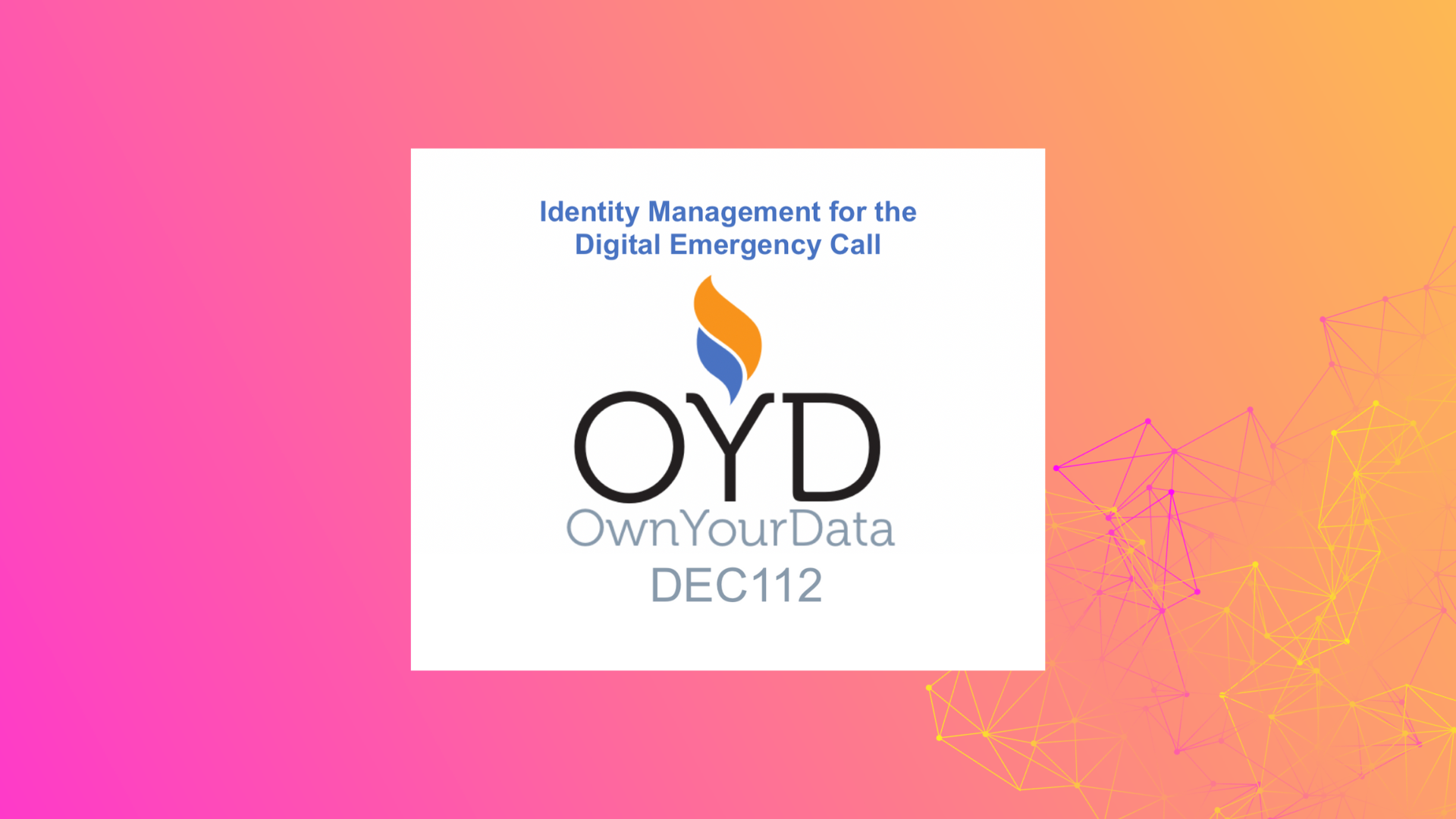
UN convention Article 9 requires countries to take measures for the full and equal participation of persons with disabilities, including access to communication and information services. Despite this, there are still about 1 million deaf and hard of hearing persons in Europe who currently rely on outdated technology (e.g. fax) and help from others to make an emergency call.
DEC112 is a non-profit association that has designed and developed a standard-conform infrastructure (ETSI TS 103 479) for deaf emergency chats (ETSI TS 103 698). Since 2019, the association is now operating a system in Austria in collaboration with the Ministry of Interior that connects emergency chats to the appropriate emergency communication centre by utilising location information.
However, still a number of challenges exist that are addressed in our project:
EU Authorities addressed these topics in Regulation 2023/444 that require all member states to ensure accessible communication services to emergency services from 2025 onwards: with our project we make sure that such future solutions take special needs of the deaf community and oppressed individuals into consideration.
Website: https://www.ownyourdata.eu/im4dec

Christoph Fabianek
Dr Fabianek is the founder of OwnYourData.eu and senior lead scientist at Frequentis A

Fajar Juang Ekaputra
Dr Ekaputra is the Assistant Professor at WU Wien with focus on Semantic Web, Knowledge Engineering, and Data Integration

Jan Lindquist
Jan Lindquist is the privacy expert and data governance specialist, member of the Swedish Institute for Standards, ISO Swedish expert on information security

Gabriel Unterholzer
Gabriel Unterholzer is the president and developer of DEC112, self-employed software developer, studies computer science at University Bielefeld

Wolfgang Kampichler
Wolfgang Kampichler is the co-chair of the EENA Tech & Ops Committee of the European Emergency Number Association, ETSI Rapporteur, principal scientist at Frequentis AG

Mario Murrent
Mario Murrent studied at FH Wr. Neustadt and is SW developer and consultant. He is founder of MeeCode by Mario Murrent and a passionated App Developer and contracting party for DEC112

OwnYourData is a non-profit association and helps you to achieve unrestricted access to your data for your benefit.
Website: www.OwnYourData.eu

Rethinking emergency communication.
Website: www.dec112.eu